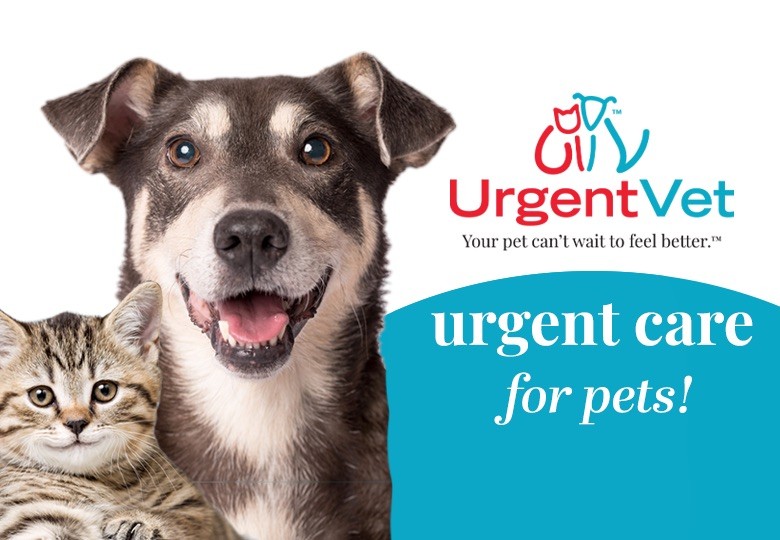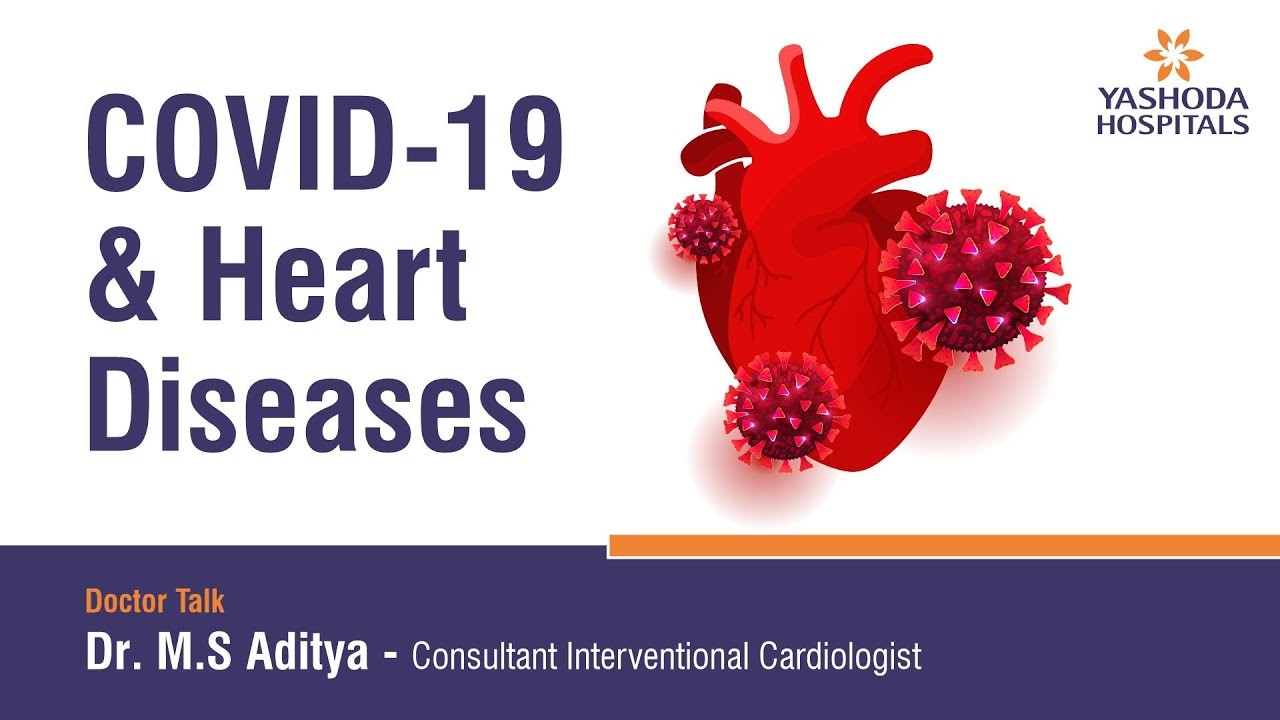PETS AND COVID-19

There have been some cases reported of cats, dogs and minks being infected with the novel coronavirus. Animals in the Netherlands were also infected with the virus. In almost all cases, the pet owners were also ill and tested positive for the novel coronavirus (SARS-CoV-2). It is possible that the pets caught the virus from their owners. Since there are only a few infected pets (worldwide), we assume that there is a minimal risk that a pet can be infected by the owner.



